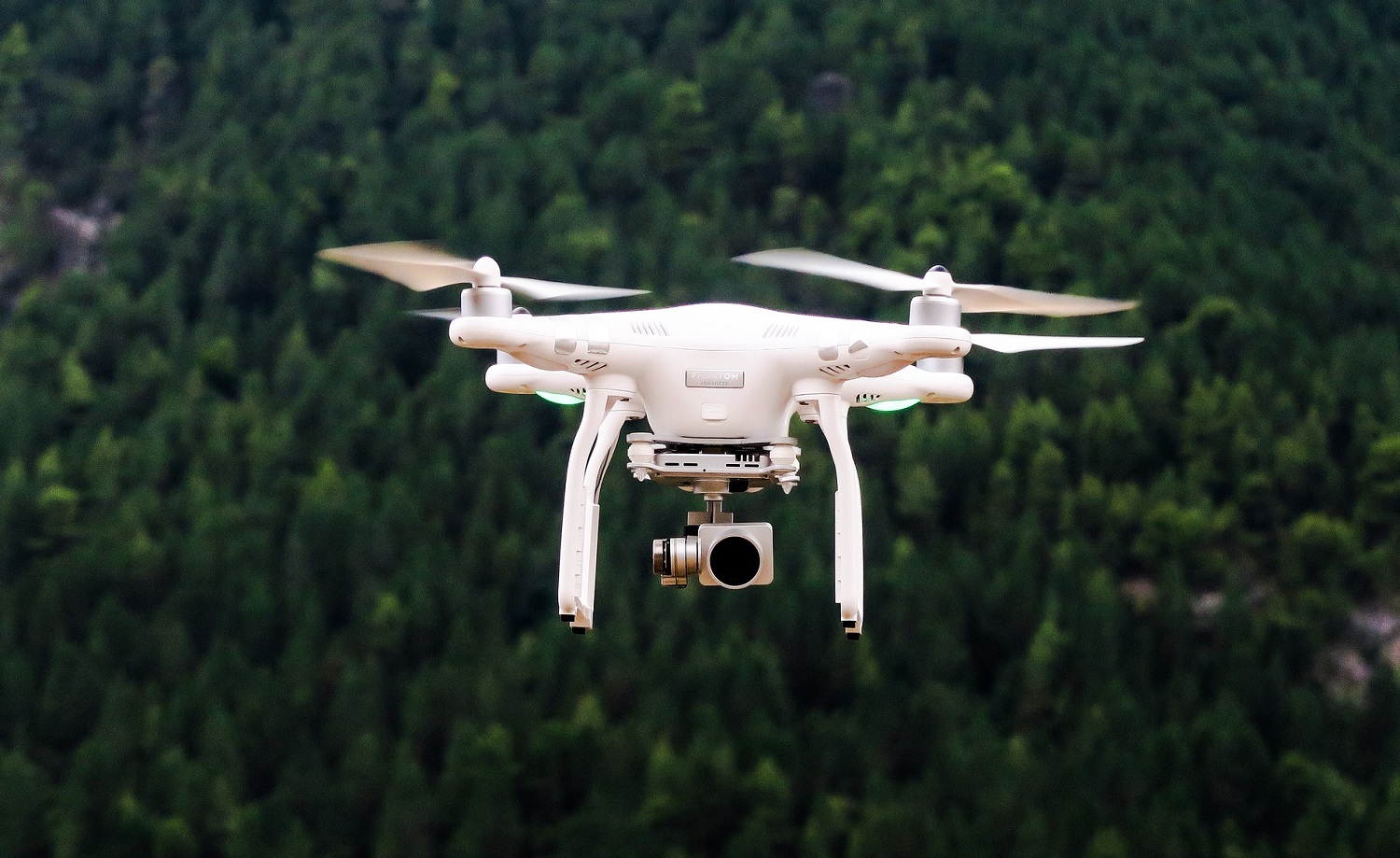UAE-based Falcon Eye Drones has released drone industry predictions for the Middle East, featuring top trends that are likely to emerge in 2019. Falcon Eye Drones predicts an overall increase in the drone flights regionally by at least 150% with the number of drone technology users tripling over the course of the next year.
According to the UAE based drone operator, AI and drones will become inseparable in upcoming years. Falcon Eye Drones plans to further increase application of AI powered technologies within its operations.
Based on the qualitative client surveys conducted throughout 2018, the company had identified several prominent themes that will be dominant in the upcoming year.
According to the company’s predictions, the UAE government will continue leading drone technology developments in the region, with the Dubai flying taxi release scheduled for 2020 and the private sector will become more open towards integrating drones into their operations. The demand for drone technologies will come 70% from public sector applications and 30% from across commercial domain.
Inspections and surveying will continue dominating the sector followed by aerial filming and photography. Construction sector will be integrating drones into all the stages of their projects to achieve a competitive edge and speed up the construction process. Emergency services, farming, logistics and cartography applications will be leading drone use cases in the Middle East.
While the commercial sector will be more inclined towards operating drones, it is unlikely for them to do this independently. Drone-as-a-Service providers will be in even higher demand in 2019. Software manufacturers offering data evaluation solutions, drone-as-a-service operators and hardware vendors will see a much higher demand next year.
“We are witnessing a significant rise in demand from across various industries and we believe it will continue growing exponentially in 2019. While public and private sectors both recognize unmatched benefits drones represent, expertise in operating this type of technology in this region is not very common. In addition to the talent shortage, drone regulations are still relatively tight not only regionally, but globally, and drone-as-a-service providers are in a unique position to fill this gap”, said Rabih Bou Rashid, Managing Director of Falcon Eye Drones.
Flying drones is no longer a unique value proposition amongst service providers, therefore, data processing and analysis will play ever increasing role in this sector. The company currently utilizes at least 17 types of software applications while operating 3 major types of drones that include DJI M210 multirotor for close up inspections, eBee X fixed wings drones for large area mapping and Elios protected design drones for confined spaces.
“Safely operating drones and collecting data is just the tip of an iceberg. What really matters is what we can do with this data, how fast we can process it and what use we can make out of the information we collect. Artificial intelligence is becoming an integral part of today’s drone sector and to further evolve in this area, we need to continue investing in its development. In 2019 we will be advancing our AI capabilities in parallel with the reinforcement of the quality and sophistication of hardware and software of UAS in the Middle East”, added Rabih.
While Falcon Eye Drones consider 100% increase in investments in the development of AI-powered software applications in 2019, the company makes equality strong emphasis on the importance of education and talent sustenance.









Discussion about this post